History
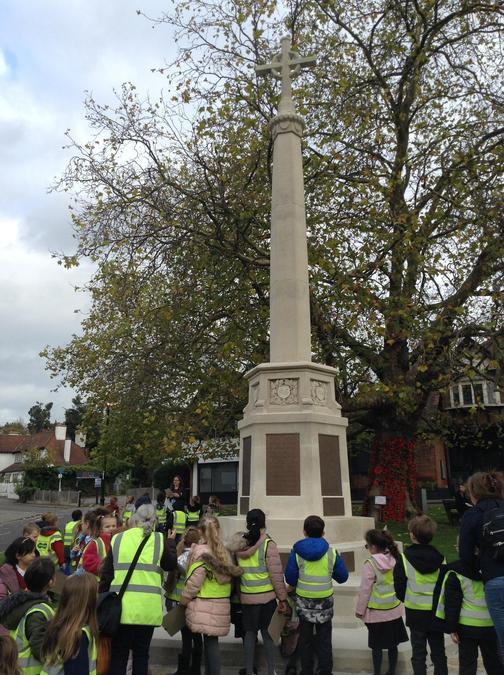
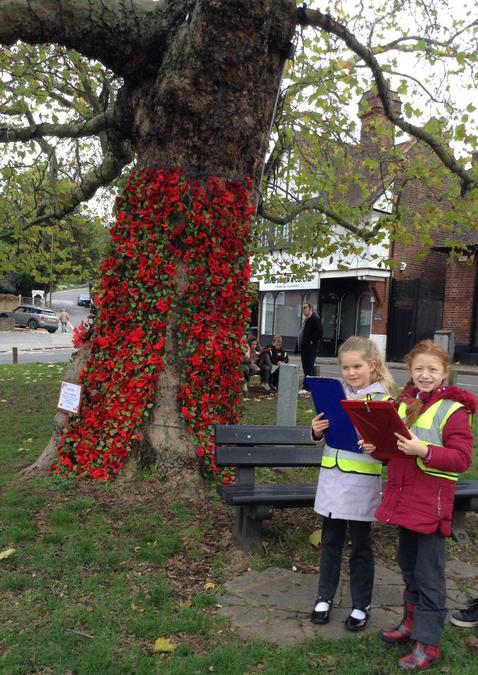
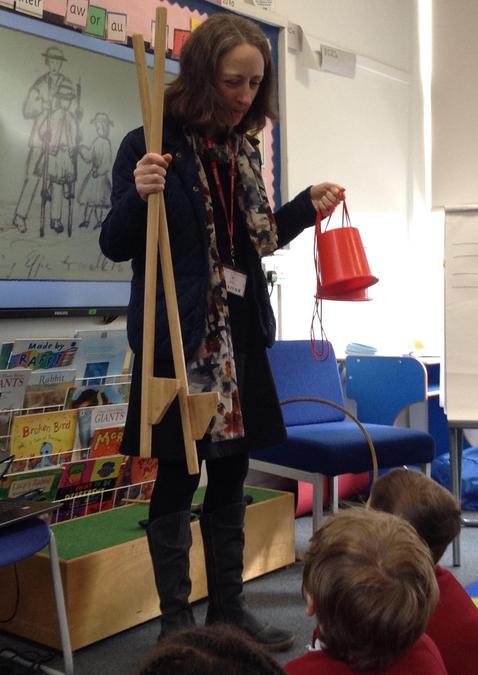
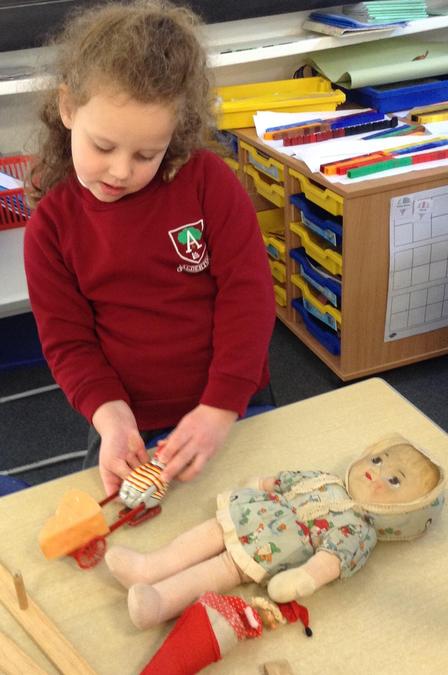
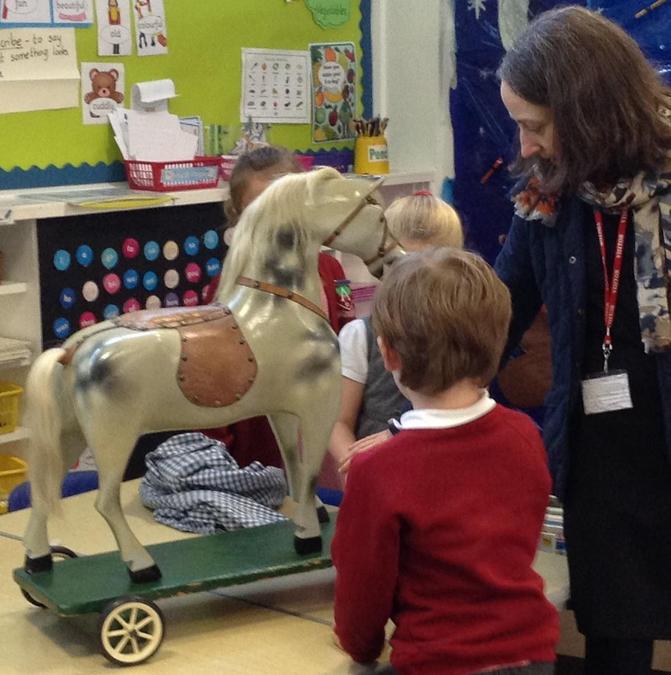
Intent
At The Alderton Infant School, our motto is ‘everyone can fly’. This is reflected in our history curriculum and growth mindset approach, which encourages all children to show curiosity about the past and become fully engaged in learning through immersive experiences.
Our curriculum has a clear progression that begins by introducing ‘the past’ in the Early Years Foundation Stage and enables children to develop a sense of chronology as they learn about different historical events and time periods throughout their years at Alderton Infants. History lessons are often cross-curricular and our topics inspire children to ask and answer questions about how people lived, make comparisons with life today and consider the consequences of actions taken in the past. Our young historians:
- Can talk about past and present events in their lives and the lives of others.
- Have knowledge of significant historical events, notable people and places both within our locality and beyond.
- Can place events in a chronological order and identify similarities and differences between ways of life in different periods.
- Can use subject specific vocabulary to refer to objects, materials, people and places in the past.
Implementation
At Alderton Infants, we follow our curriculum map where a new topic is explored each term and linked to our written work. Children develop their historical understanding by: looking at artefacts; reading stories and non-fiction texts; dressing up to take part in workshops; watching videos about important events in the past; using search engines, interviews and books to find out answers to questions.
Teachers plan carefully and use a range of activities to develop understanding, including: partner work, role-play, use of the outdoor space, workshops, quizzes and group presentations (to name a few). We have working walls in every classroom to encourage children to use historical vocabulary in their written work and to refer back to. Subject leaders seek out cross-curricular links to make extend learning and promote use of subject specific vocabulary in different scenarios.
Impact
The National Curriculum purpose of study for History (2013) reads: ‘A high-quality history education will help pupils gain a coherent knowledge and understanding of Britain’s past and that of the wider world. It should inspire pupils’ curiosity to know more about the past.’
We monitor progress in history by:
- Conducting a termly book scrutiny which informs progress and impact of teaching. Work samples are collected in a ‘floor book’ per topic per year group.
- Carrying out learning walks enables pupil questioning and checks understanding of historical vocabulary as well as skills learned.
- Regular staff meetings with feedback from each year group about our new scheme of work, resources required and pupil engagement.
- Pupil progress meetings to ensure gaps in knowledge are filled and pre-teaching interventions are set up.
By the end of Key Stage One we aim for all children to achieve age related expectations in History and that they will be equipped with the historical knowledge and skills required to continue their journey into Key Stage Two.
History Policy
